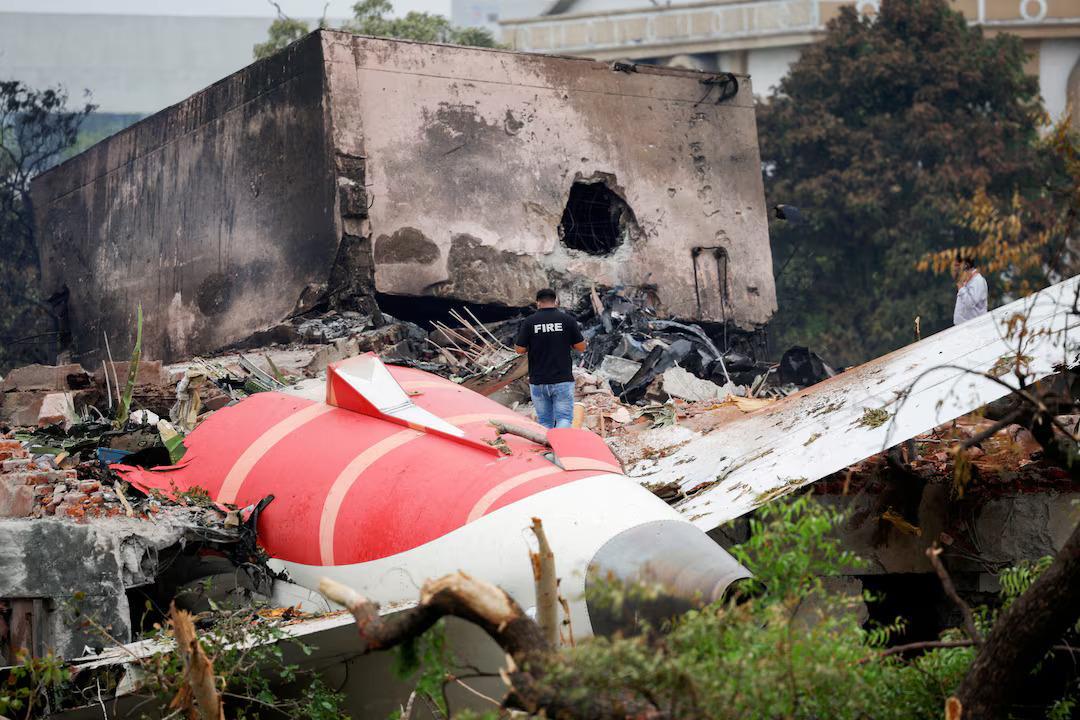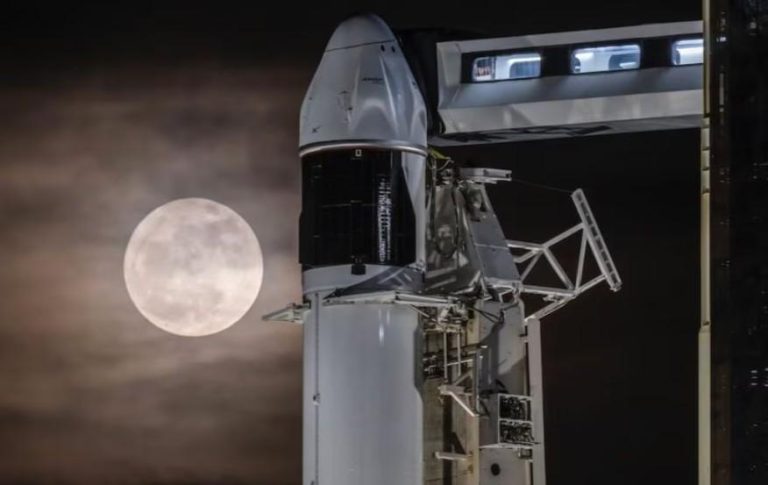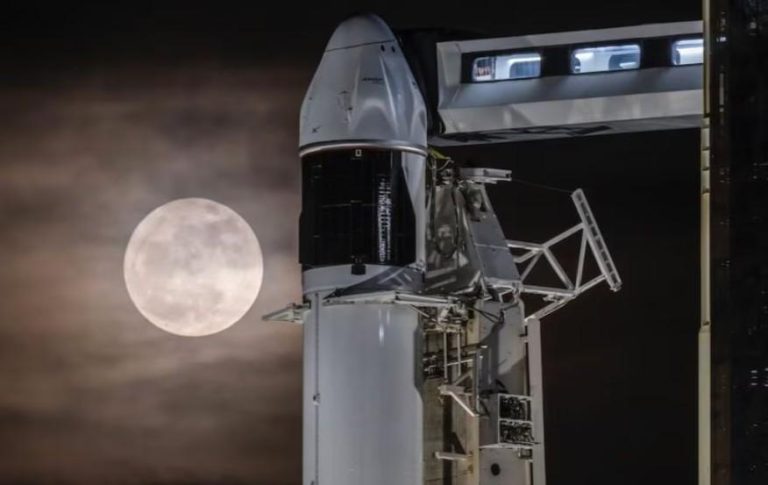
FAA Chief Rules Out Possibility of Pilot Mistake Behind Air India Plane Crash
On July 24, 2025, the Federal Aviation Administration (FAA) chief, Bryan Bedford, announced that the agency has ruled out the possibility of pilot mistake being the cause of the recent Air India plane crash in Ahmedabad. The crash, which occurred on June 15, 2025, resulted in the tragic loss of lives and has left the aviation industry reeling.
According to reports, the Boeing 787 aircraft, which was operated by Air India, crashed shortly after takeoff from Ahmedabad, killing everyone on board. The investigation into the crash is ongoing, with multiple agencies and organizations working together to determine the cause of the tragedy.
In a statement, Bedford ruled out the possibility of pilot error, stating that “it doesn’t appear to be a mechanical issue with the Boeing fuel control unit…This isn’t an issue with inadvertent manipulation of fuel control.” The statement was made in response to a preliminary report from the UK’s Air Accidents Investigation Branch (AAIB), which had flagged the fuel control switches as a potential area of investigation.
The AAIB’s preliminary report highlighted the fuel control switches as a potential issue, which raised concerns about the possibility of pilot mistake. However, Bedford’s statement has put an end to speculation about pilot error, at least for now.
The crash of the Air India plane has sent shockwaves through the aviation industry, with many experts and investigators working tirelessly to determine the cause of the tragedy. The investigation is expected to take several months, if not longer, to complete.
The FAA’s ruling out of pilot mistake is a significant development in the investigation, as it points to a mechanical issue rather than human error. The agency’s statement suggests that the crash may have been caused by a problem with the aircraft’s fuel control unit, which is a critical system responsible for controlling the flow of fuel to the engines.
The news has sparked concerns about the safety of Boeing’s 787 aircraft, which has been plagued by issues in the past. In 2013, the aircraft was grounded worldwide due to concerns about its lithium-ion batteries, which were prone to overheating and catching fire. The incident led to a major redesign of the aircraft’s batteries and a significant overhaul of the manufacturer’s quality control processes.
While the FAA’s statement has ruled out pilot mistake, the investigation is far from over. The agency will continue to work with international partners to determine the cause of the crash and to identify any safety issues that may have contributed to the tragedy.
In the meantime, Air India has grounded its fleet of 787 aircraft pending the outcome of the investigation. The airline has also launched an internal investigation into the crash, which is expected to be completed in the coming weeks.
As the investigation continues, families of the victims are left to grapple with the loss of their loved ones. The crash has sent shockwaves through the community, with many people expressing their condolences and offering support to the families affected.
In conclusion, the FAA’s ruling out of pilot mistake is a significant development in the investigation into the Air India plane crash. While the investigation is far from over, the news has brought some relief to families of the victims and has raised concerns about the safety of Boeing’s 787 aircraft.






